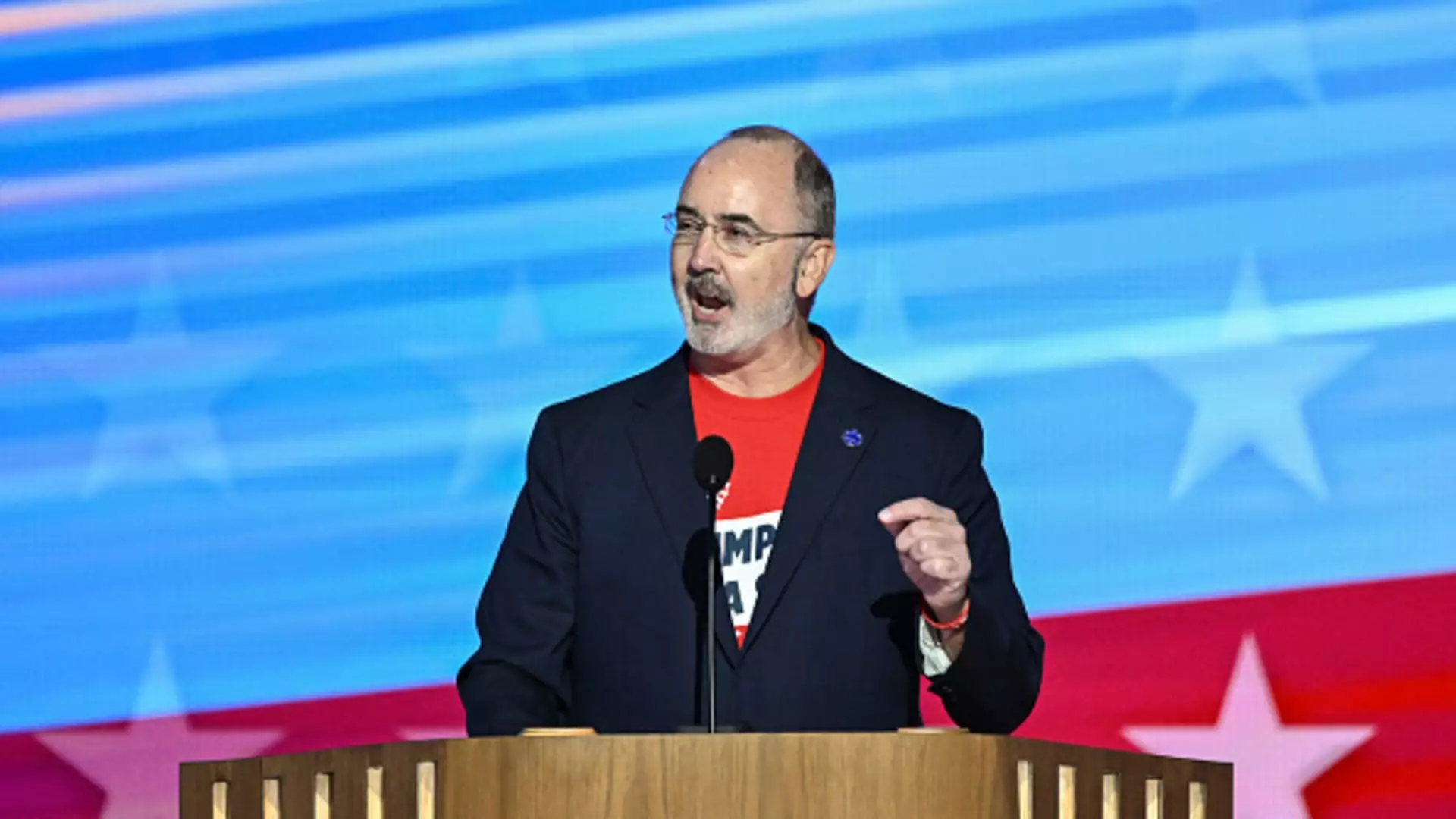In a bold move, the United Auto Workers (UAW) union has officially filed unfair labor practice charges against Stellantis. This action highlights an escalating tension between the union and the automotive giant, stemming from allegations that Stellantis has not just violated contract obligations but is also attempting to shift production of the popular Dodge Durango outside of the United States. The dispute is emblematic of deeper struggles within the auto industry as unions strive to protect jobs and maintain contractual commitments amid changing economic conditions.
In the 2023 contract negotiations, the UAW successfully brokered significant improvements for its members, including a commitment to reactivate the Belvidere, Illinois assembly plant and to ensure the Dodge Durango’s production remained in Detroit. These achievements, lauded by UAW President Shawn Fain, were hard-won concessions that the union hoped would stabilize employment and secure U.S. manufacturing jobs. However, the very essence of these agreements is now reportedly under threat as Stellantis appears to be reconsidering its commitments.
The union’s official statement indicates an alarming potential breach of trust, as Stellantis allegedly attempts to relocate Durango production, contravening the terms agreed upon in the collective bargaining process. Though Stellantis has publicly denied violating any contractual obligations, the union’s charge presents a stark contrast, revealing a rift that could have significant implications for both workers and the community. Stellantis has also delayed plans concerning the Belvidere plant—a move that has only fueled further discontent among UAW members.
The UAW’s actions are not isolated; they form part of a wave of discontent among auto workers across the nation, facing similar struggles. The union has reported over 24 active grievances against Stellantis alone, indicating a broader pattern of concern regarding the company’s investment and production strategies. As the union fights to uphold its members’ rights, it represents a critical front in the ongoing struggle between labor and capital within the auto industry. The outcome of this dispute may set significant precedents for future negotiations, not just with Stellantis but throughout the industry.
As this confrontation unfolds, both parties will have to navigate the complexities of labor relations in the U.S. auto sector. The UAW’s willingness to hold Stellantis accountable signals a more assertive labor movement prepared to defend contracts fiercely. The potential relocation of production raises questions about job security and the long-term viability of American manufacturing jobs. For Stellantis, the implications of these allegations could affect its reputation and operational efficiency going forward. A resolution will hinge on open dialogue and negotiation, though the road ahead appears fraught with challenges for all involved.

Leave a Reply